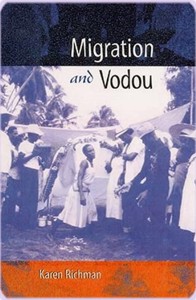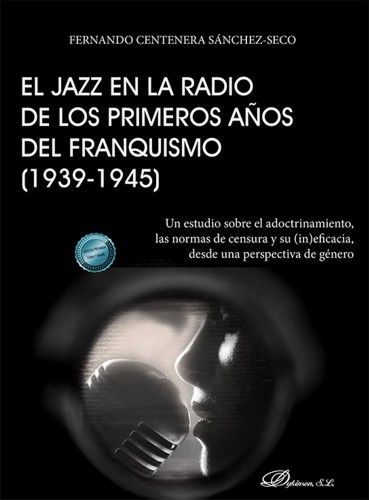
Migration and Vodou
Richman, Karen E.
University Press of Florida. 2009Ficha técnica
- EAN: 9780813033259
- ISBN: 978-0-8130-3325-9
- Editorial: University Press of Florida
- Fecha de edición: 2009
- Encuadernación: Rústica
- Dimensiones: 15,6x23,4
- Idioma: Inglés
- Nº páginas: 384
No disponible temporalmente
Disponibilidad sujeta a la información del editorPVP. 46,25€
Añadir a la Lista de deseos
Foreword by Kevin A. Yelvington
"The most ambitious, insightful, and interesting account of the nature and centrality of religion for transnational migrants yet written . . . a pathbreaking study."--Josh DeWind, director, International Migration Program, Social Science Research Council
This book and accompanying compact disc provide a rare excursion in the innovative ways a community of Haitian migrants to South Florida has maintained religious traditions and familial connections. It demonstrates how religion, ritual, and aesthetic practices affect lives on both sides of the Caribbean, and it debunks myths of exotic and primitive vodou (often spelled "voodoo"), which have long been used against Haitians.
As Karen Richman shows, Haitians at home and in migrant settlements make ingenious use of audio and video tapes to extend the boundaries of their ritual spaces and to reinforce their moral and spiritual anchors to one another. The book and CD were produced in collaboration to give the reader intimate access to this new expressive media. Sacred songs are recorded on tapes and circulated among the communities. Migrants are able to hear not only the performance sounds--drumming, singing, and chatter--but also a description, as narrators tell of offerings, sacrifices, prayers, and the exchange of possessions. Spirits who inhabit the bodies of ritual actors are aware of the recording devices and personally address the absent migrants, sometimes warning them of their financial obligations to family members in Haiti. The migrants? dependence on their home village is dramatically reinforced while their economic independence is restricted.
Using standard ethnographic methods, Richman?s work illuminates the connections among social organization, power, production, ritual, and aesthetics. With its transnational perspective, it shows how labor migration has become one of Haiti?s chief economic exports.





